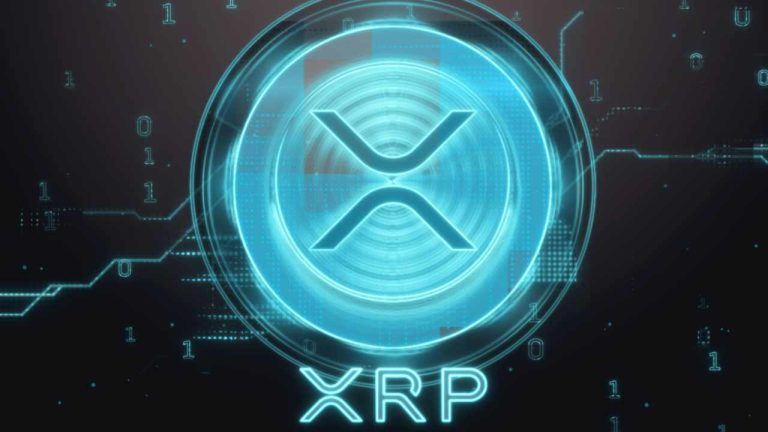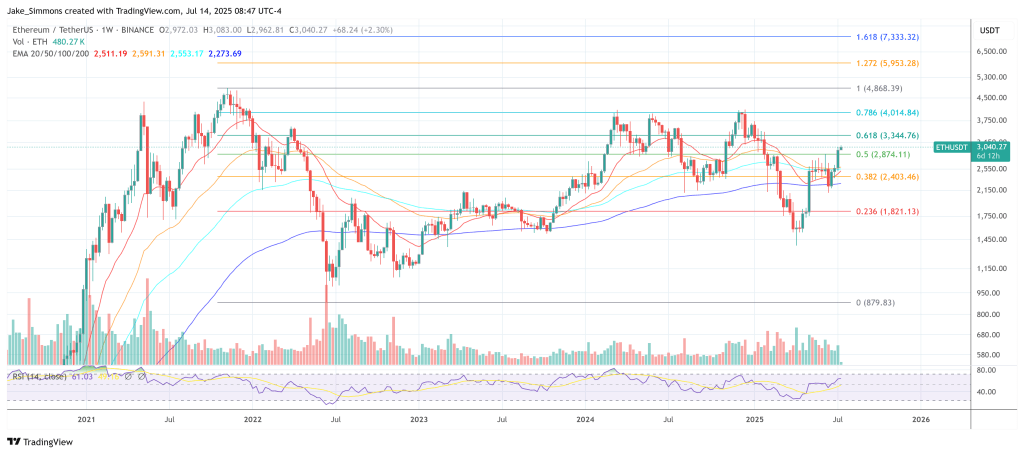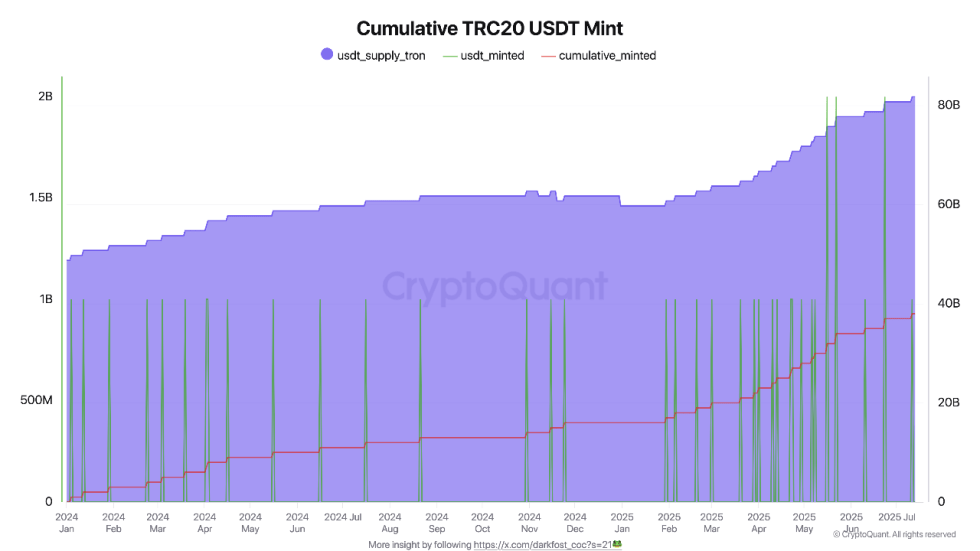As crypto becomes ever more mainstream and intersects with traditional finance and bureaucracies, cultural clashes are inevitable. After all, bitcoin promised to separate money from the state, while crypto evolved as a means of transacting peer-to-peer, uncensored, permissionless ways on alternative rails.
So, how can these worlds–the orthodox and the blockchain-built alternative–possibly align? That remains to be seen, but recent news of the formation of a new organization called the MiCA Crypto Alliance is an example of differing approaches crossing and perhaps clashing.
Just to recap, MiCA (Markets in Crypto-Assets) regulation is a comprehensive framework of EU crypto rules that appears to indicate an acceptance of the crypto industry within EU countries that will soon have harmonized regulation. It went into force in June 2023, but is being applied through a phased approach, with the expectation that all rules should be in effect by the end of 2024.
The MiCA Crypto Alliance is a new organization established by the DLT Science Foundation (DLT means distributed ledger technology) in partnership with major crypto companies Hedera, Aptos Foundation, and Ripple. The Alliance aims to assist crypto companies (such as exchanges) in complying with MiCA and places a strong emphasis on adherence to environmental and climate-related regulations.
1/3 #Hedera is excited to join @Ripple and @Aptos Foundation as Founding Members of the MiCA Crypto Alliance, with technical support from DLT Science Foundation. ????To learn more or get involved: https://t.co/UJVxCzmXGH pic.twitter.com/f4L1rvu5ur
— Hedera (@hedera) September 16, 2024
When assessing the MiCA Crypto Alliance and its aims, it’s worth considering regional idiosyncrasies regarding crypto and perhaps industry and technology more broadly, particularly the environmental angle that seems prominent around the MiCA Crypto Alliance.
Regarding crypto, the EU has adopted a regulation-first approach and moved quickly to produce MiCA, which sets a framework but can be further adapted later as required. Meanwhile, in the US, on the other hand, crypto is waging multiple legal battles against an SEC perceived–correctly or not–as hostile, meaning that US crypto headlines are regularly dominated by court battles and legal arguments.
However, whether or not this fraught situation continues in the US may depend on the outcome of the upcoming presidential election, which looks increasingly pivotal for crypto.
It’s to be expected that if Donald Trump wins–given that he has announced several strongly pro-crypto policy positions–the US blockchain industry will receive a major boost and may no longer have to expend resources on regulatory barriers, while in the EU, it’s apparent that navigating MiCA presents new demands for crypto firms.
Differing Directions on ESG
Through the MiCA Crypto Alliance’s emphasis on climate-related obligations, another strong contrast emerges, and it relates to shifts that have taken place at BlackRock and other US firms. Firstly, it’s notable that BlackRock CEO Larry Fink has become a blockchain convert, publicly promoting the values of Bitcoin and tokenized assets on distributed ledgers.
This month, BlackRock–which now operates the world’s leading spot BTC ETF–published a report that essentially outlined the case for BTC as an investment asset.
But this also comes after BlackRock has publicly moved away from the ESG model–in which the E stands for environmental–with reports last month showing that, for a period of twelve months until the end of June 2024, the firm had supported just 4% of environmental/social shareholder proposals, down from a peak figure of 47% in 2021.
BlackRock's Senior Managing Director Joud Abdel Majeid stated that many such proposals were “overly prescriptive, lacking economic merit or asking companies to address material risks they are already managing.”
Additionally, recent data from ISS Corporate showed that median support within firms for environmental shareholder proposals had dropped to just 21% at Russell 3000 companies after this year's annual meetings. For background context, this comes after Larry Fink explained in 2023 that he had stopped using the term ESG as it had become overly associated with radical politics.
Notably, the newest BlackRock Bitcoin report does not mention climate or the environment. By contrast, the MiCA Crypto Alliance website features a video titled ESG and DLT Workshop in Puerto Rico, along with multiple other climate and ESG-related posts.
Long-time followers of crypto discourse will be aware that environmental concerns around Bitcoin have been addressed before and that this isn’t currently a prominent area of discussion. This suggests that such issues are being emphasized in the EU, but this is not especially the case elsewhere.
This, in turn, implies that further regional divergence is possible, especially if the US elections usher in an openly pro-crypto administration in that country. At that point, America–already the global leader when it comes to the tech sector–may provide the crypto industry with a hospitable environment from which to operate.
Ultimately, though, for long-time crypto holders who have been following the blockchain world over multiple bitcoin halving cycles–going back over a decade for the earliest of adopters–this might all seem amusing. After all, there’s an irony in seeing regional, highly centralized bodies puzzle over how to tame a borderless technology built around one core concept: decentralization.
This article was written by Sam White at www.financemagnates.com.
You can get bonuses upto $100 FREE BONUS when you:
💰 Install these recommended apps:
💲 SocialGood - 100% Crypto Back on Everyday Shopping
💲 xPortal - The DeFi For The Next Billion
💲 CryptoTab Browser - Lightweight, fast, and ready to mine!
💰 Register on these recommended exchanges:
🟡 Binance🟡 Bitfinex🟡 Bitmart🟡 Bittrex🟡 Bitget
🟡 CoinEx🟡 Crypto.com🟡 Gate.io🟡 Huobi🟡 Kucoin.




















Comments